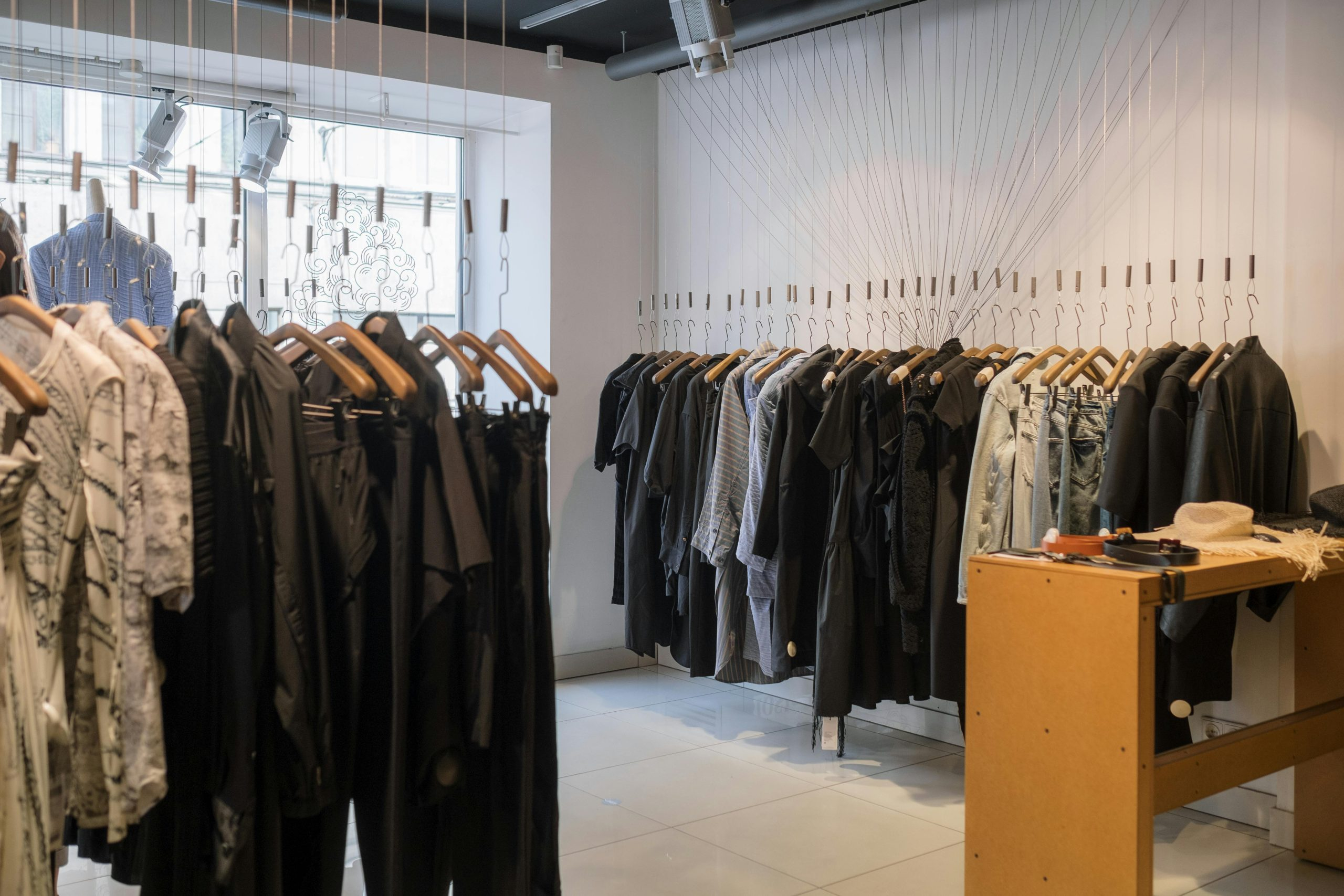Ethical Fashion Labels Winning Younger Consumer Loyalty Fast
>
In today’s society, consumers are increasingly becoming more conscious about the products they purchase, including fashion labels. As the fashion industry continues to face criticism for its fast-paced, unsustainable practices, ethical fashion labels have emerged as a popular choice among younger consumers. These ethical fashion labels have not only sparked a change in the fashion industry, but they have also managed to win over the loyalty of the younger generation at a rapid pace. Let’s take a closer look at the reasons behind this trend and how ethical fashion labels are gaining a strong foothold among younger consumers.
The Rise of Ethical Fashion Labels
In recent years, the demand for ethical and sustainable fashion has significantly increased, especially among the younger generation. Ethical fashion labels, also known as sustainable or eco-friendly fashion brands, are those that prioritize ethical and sustainable practices in their entire supply chain. This includes everything from sourcing raw materials, manufacturing processes, labor conditions, and packaging, with a focus on reducing their environmental impact. These labels choose to use eco-friendly materials, such as organic cotton or recycled fabrics, as well as implement fair labor practices, including fair wages and safe working conditions.
As consumers become more informed and socially conscious, the desire for ethical fashion has surged. According to Nielsen’s Global Sustainability Report, 73% of millennials are willing to pay more for sustainable products, and this number is only expected to increase in the future. This shift in consumer behavior has led to an increase in ethical fashion labels in the market, catering to the growing demand for sustainable fashion choices.
The Younger Generation’s Influence on Fashion
The younger generation, commonly referred to as Gen Z and millennials, are quickly becoming the driving force behind the fashion industry. They have a keen eye for fashion trends but are also socially and environmentally conscious. They are more likely to choose brands that align with their values and beliefs, including sustainability. This generation has grown up in a world where climate change and sustainability are hot topics, and they are determined to use their purchasing power to make a positive impact.
The rise of social media has also played a significant role in promoting ethical fashion labels to younger consumers. With the rise of influencers and bloggers, ethical fashion labels have gained more visibility, especially among the younger generation who are heavily influenced by social media platforms, such as Instagram and TikTok. These platforms have become powerful marketing tools to promote ethical fashion labels and raise awareness about sustainable fashion practices.
Why Ethical Fashion Labels are Winning Over Younger Consumers
One of the main reasons ethical fashion labels are gaining popularity and winning over younger consumers is their authenticity. These labels are transparent about their production processes and the impact that their products have on the environment and society. This level of transparency and authenticity resonates with the younger generation, who are constantly seeking genuine connections with brands.
In addition, ethical fashion labels often engage in cause-related marketing, where they support and promote social and environmental causes. This creates an emotional connection between the brand and the consumer, further strengthening brand loyalty. Younger consumers are drawn to brands that are making a positive impact and actively advocate for causes they believe in.
The Need for Continued Growth and Improvement
While ethical fashion labels have made significant progress in gaining the loyalty of the younger generation, there is still room for growth and improvement. For example, the price point of sustainable fashion is often higher than fast fashion, making it less accessible to some consumers. This is a barrier that needs to be addressed for ethical fashion labels to reach a wider audience.
Additionally, there needs to be more education and awareness about ethical fashion practices to bridge the gap between consumers and brands. Many consumers are still unaware of what ethical fashion labels stand for and the impact of their purchases. By educating consumers, ethical fashion labels can continue to attract loyal consumers and create a positive impact on the fashion industry.
In Conclusion
Ethical fashion labels have undoubtedly been gaining traction among younger consumers, who are passionate about sustainability and social responsibility. Their commitment to ethical and sustainable practices, as well as their authentic approach, has helped them win the loyalty of the younger generation. However, there is still work to be done to make ethical fashion more accessible and to educate consumers about the benefits of choosing ethical fashion labels. With continued effort and improvement, ethical fashion labels are sure to maintain their hold on the loyalty of the younger generation.










